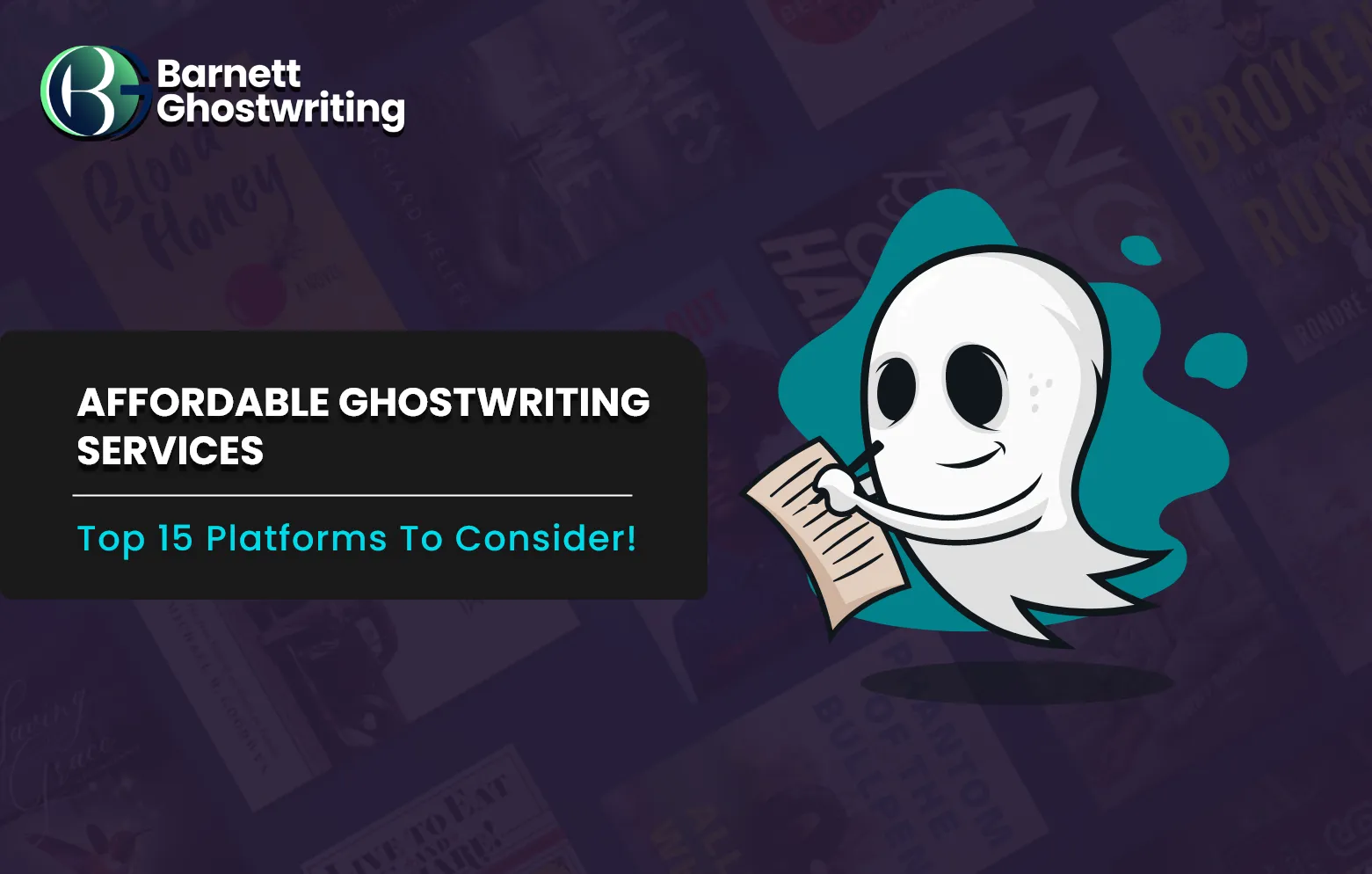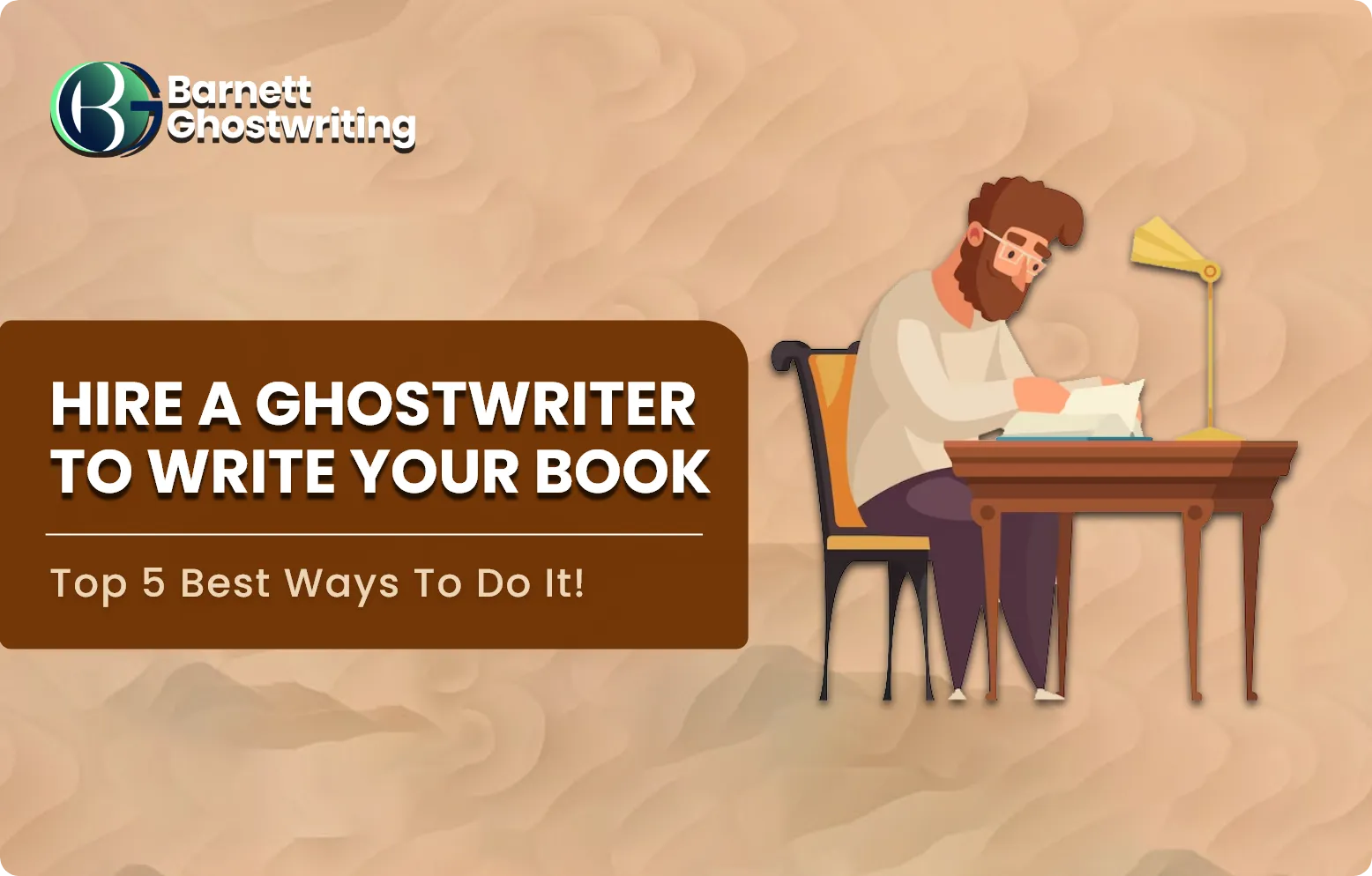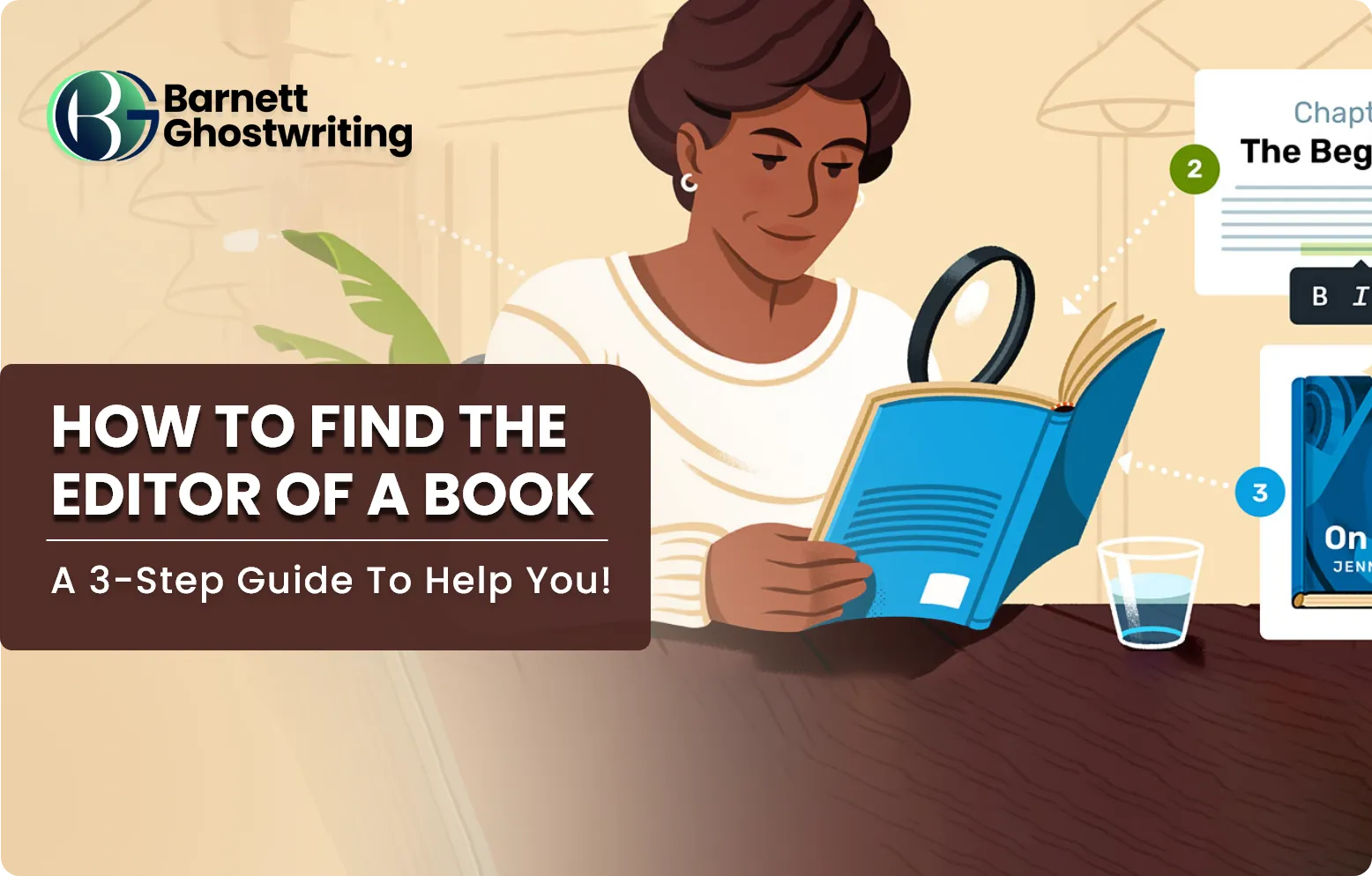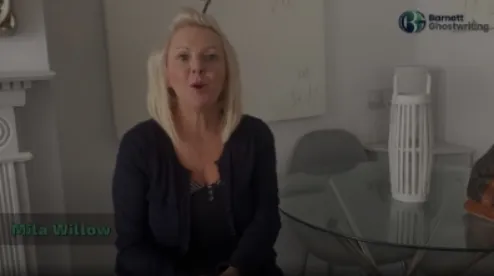I Want Someone to Write a Book About my Life – 5 Top Agencies

Life is a collection of experiences both good and bad, big, or small. Adversity comes and goes; such is the nature of life, and such is why the world keeps moving in a particular direction. It’s both the forces of nature and the actions of man that lead to change.
Such change is motivated by the desires and feelings of individuals. Often a person achieves a level of success in their lives and wishes to impart their knowledge onto the people around them. This is because learning from the mistakes of others is a great way to learn. Knowledge is a powerful thing, and it leads to inspiration, inspiration can further drive people to work on having their own achievements and lead to change in societies as well. You wish to write a book about your life as it has been a life well spent and you came here looking for answers, very well, our team will provide you with the information necessary for you to succeed.
The creation of an autobiography/biography
These are books discussing the lives of the people on whom they are written, an autobiography is about the person who writes about it writing about themselves, whereas a biography is about the life of someone else, this is the key difference between the two. An autobiography is one where the writer is working on presenting his own life story in as interesting of a way as possible, he does this by working on crafting a narrative that tells his entire life story in a fascinating way, this is achieved through clever writing, engaging storytelling as well as having a structured story that engages with the audience reading your book.
What causes the need for a ghostwriter?
The need for a ghostwriter arises from the fact that we need a writer when we ourselves don’t have the skill to write. Writing can be complex, strenuous, tiring, and tends to take everything from the person doing the writing. When you have commitments outside of writing this is doubly worrisome. Thereby creating a situation where you are unable to work on creating great stories. Creating stories involves imagination and a lot of creativity. Working on these skills takes a lot of time from other activities you might want to indulge in. Making an outstanding book requires outstanding talent. Skill it’s something only a professional expert who writes countless books can do. Craft a masterpiece with an outstanding ghostwriter and you will be amazed at the possibilities. When you open your mind up to something new it can be a very fruitful experience.
I want someone to write a book about my life 5 top Agencies that will help you!
Ghostwriters can be found everywhere, online just make a small Google search and you’ll find countless ghostwriters as well as ghostwriting services from websites that offer them. The options are endless, which is a double-edged sword, it means you’ll have to look around to find one that’s good.
There are too many bad ones online that ruin the experience. Here is the list of affordable top ghostwriting services agencies. Ghostwriting is something a lot of content writers who aren’t very good also advertise.
This is something you actively need to avoid when searching for a good ghostwriter. A good ghostwriter offers you a level of quality and backs it up with their reputation, as well as their credentials. If they do not have the credentials to back it up, they won’t be very good either. There are also websites that claim to offer high-quality ghostwriting services but also aren’t very good. Creating a book about your life involves working with someone who is passionate about writing and can shine your life story in a favorable light. Put the money forward for a good ghostwriter they will help you succeed the most. However, to make your life easier we have a list of ghostwriters you can work with.
1. Barnett Ghostwriting
Barnett Ghostwriting is the prime company for ghostwriting services, they provide you with a team of ghostwriting experts who will work to ensure the success of your book as well as competitive pricing. Ensuring that they give you a top-notch service that will meet all your ghostwriting needs.
2. Reedsy
Reedsy is a platform that can connect you to writers who specialize in crafting memoirs and autobiographies. This is a type of platform that will be connecting you with freelance writers. Their vetting system is great and gives you great writers if you’re looking for someone to write a book about your life.
3. Ghostwriting Professionals
Ghostwriting Professionals is a company that offers ghostwriting services for authors looking to create novels, books, nonfiction books as well as biographies and memoirs. They have a good record and a team of well-trained ghostwriters who can work on providing you with a decent service. If you’re searching for “I Want Someone to Write a Book About My Life” work with them now.
4. Zen Book Writing
ZenBook Writing provides professional ghostwriters who will be helping you in creating in a book masterpiece.. They provide eBook writing and ghostwriting for fiction and nonfiction ghostwriting. You can find their prices on their website and negotiate as well to see what works best in your budget.
5. Collins Ghostwriting
Collins Ghostwriting is another great ghostwriting company that you should check out as they offer great ghostwriting services. As well as outstanding writing for your book writing needs. They are a company with a long history of helping authors both big and small. They provide services at a great price as well as being one of the pioneers of writing. You should work with them. And you will find that you are more than satisfied with the autobiography their writers craft for you.
Conclusion
Hopefully, our article is going to help you in answering the question “I want someone to write a book about my life”. Our team is working hard to provide the ideal and informative content necessary for your success.
Related Blogs

Affordable Ghostwriting Services | Top 15 Platforms in 2024
Today we will be discussing how to find Affordable ghostwriting services that provide you with the quality content you need for your website. A good ghostwriter can make all the difference in the world when it comes to crafting your book or novel, but before we get to the topic of finding a good ghostwriting ... Affordable Ghostwriting Services | Top 15 Platforms in 2024
Read post
Hire a Ghostwriter to Write your Book | Top 5 best ways to do it
The most important step in creating a book is to first procure an idea for it. What category will it be “fiction” or “nonfiction”? Suppose you choose a fiction book, now you have a bunch of genres contained within that main category of fiction, will it be a fantasy story of a hero fighting against ... Hire a Ghostwriter to Write your Book | Top 5 best ways to do it
Read post
How to Find the Editor of a Book | A 3-Step Guide for Authors
An individual who considers themselves to be a bibliophile can never truly be one without knowing what goes on in the process of creating a book, a book be it a novel (you might be interested in the guide to writing a novel:
Read postConnect With Us
We Would Love To Serve You
Our team of professionals is at your service round the clock. Don’t hesitate to approach us because we make things happen for our customers, and we would love to be your partner in making you a successful author. Fill in the details, and let our representatives contact you.

- [email protected]
- [email protected]
- +1 (855) 469-7509
- +1 (734) 409-7256





